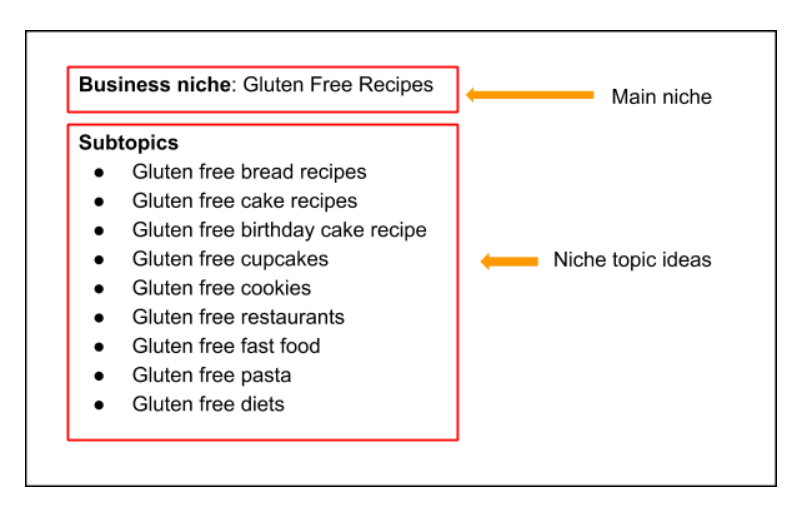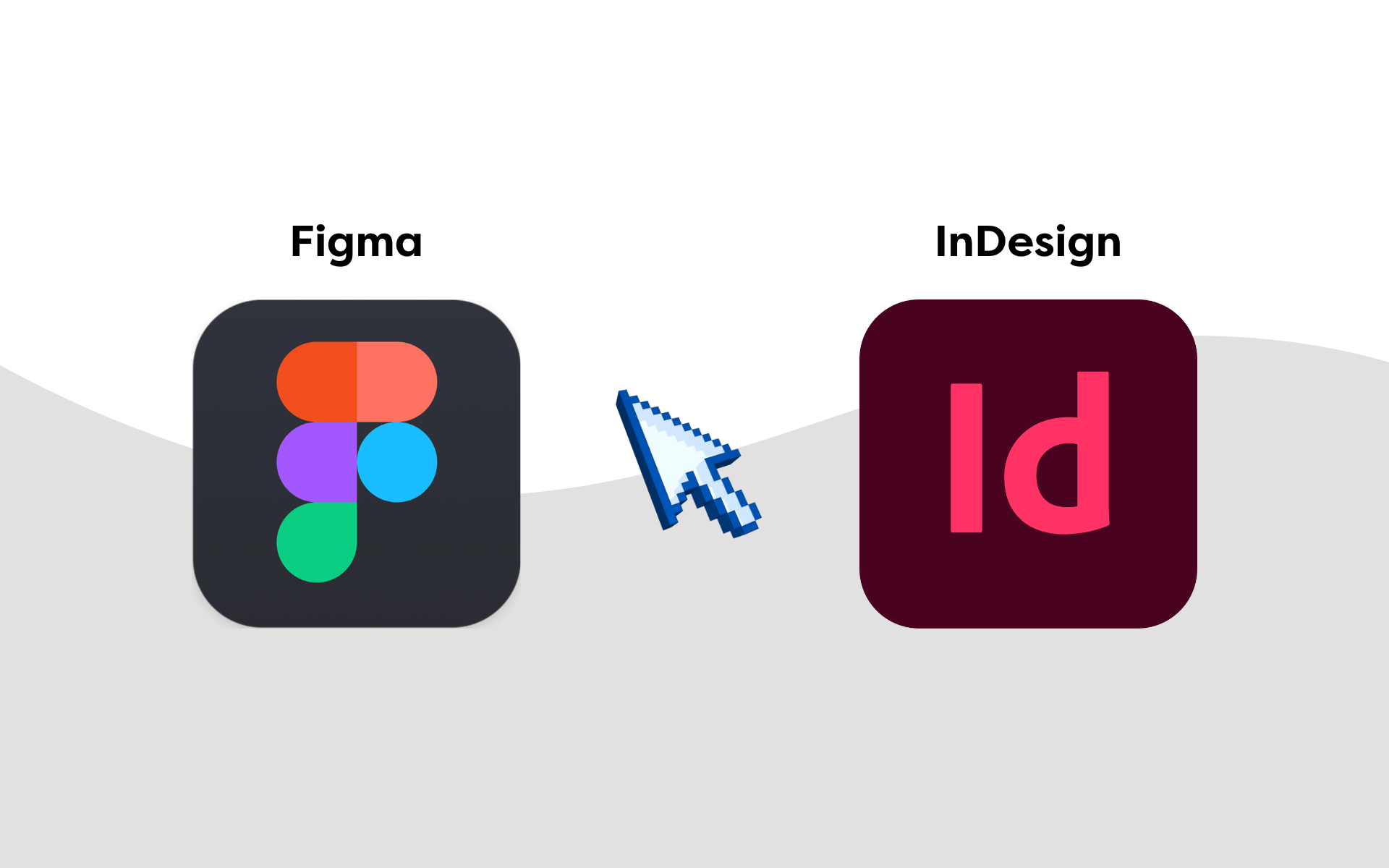Keyword research is tough – let Ubersuggest ease your pain with our simple 3 step strategy.
No matter what manual keyword research strategy you use, there’s always that one problem that you need to address: the time it will take you to find the ideal keyword or keywords to target. You have to sift through mounds of keyword data, half-blind to what any of it really means for hours on end, in the hope of finding the holy grail of an untapped niche.
Unfortunately, most of the time, you never really find what you’re looking for.
What’s even worse — if that’s possible — is while you’re there slumped over your computer, eyes fixed on the screen, your competitors are probably overtaking you! Of course, that’s the last thing you’d want to happen as a website business or new startup.
At this point, you might be thinking to yourself: There has got to be a better keyword research strategy than doing everything manually??
Fortunately, there is.
Allow us to introduce with you our ‘3-step keyword research strategy’ that will help you find the best keywords in the shortest amount of time possible. Thank god for that! Let’s jump right in and show you our simple strategy.
-
Determine Broad Niche Topics
Your first task is to list a number of general topics within your business niche. Instead of thinking of specific longtail keywords, we’re going to first brainstorm some broad topic ideas.
To help illustrate this process, we’ve created a quick ‘mock-up’ scenario. The website we’re going to be keyword researching for is called nomoregluten.co.uk and specialises in writing recipes that don’t contain gluten. The website sits within the business niche of ‘gluten free recipes’ – which is a very competitive industry online. We hope that all makes sense!
To find pockets of keyword ‘gold’, we’re going to use Ubersuggest to help us locate where nomoregluten.co.uk could/should be creating new recipes to generate more organic search traffic.
For the first step, grab a notebook, your favourite pen, find your most comfortable seat, and plant yourself down. Start scribbling down topics that are part of your business niche.
Don’t think too hard about this. Just write down any ideas that will cross your mind – the broader the better. Write down topics that are of interest to you – this helps when you come to write your content later down the line.
You don’t even need THAT many ideas. This step should take no longer than 5 minutes. Anything longer than 10 minutes and your list will be too long, you’ll be confused and need a lie down.
Under the ‘gluten free recipes’ niche, we’ve brainstormed a few niche – but broad generic topics.
Business niche: gluten free recipes
Subtopics: gluten free bread recipes, gluten free cake recipes, gluten-free cookies etc[Screenshot: Brainstorm of niche topic ideas within business industry]
Don’t get too bogged down in what topics you write. Just let the ideas flow and don’t discard strange ideas. You never know what subtopics can end up being useful! Every day, we’re always amazed at the riches we find in the niches.
Once you have a list of 10 or 15 sub-topics/niches, It’s time to move on to the next step of the process.
This is where the magic starts to happen and your strategy comes together.
-
Automate Keyword Suggestions Using Ubersuggest Keyword Tool
Ubersuggest is a powerful online tool that was recently acquired by Neil Patel.
It’s an easy to use keyword suggestion tool which allows users to see hundreds of longtail keywords and alternative phrase suggestions at the tap of a button – all from a single keyword or phrase.
[Screenshot: Neil Patel’s new Ubersuggest Keyword Tool Homepage]
To get started, you need to grab that list of key topics you generated in Step 1 and then head over to Ubersuggest.
Once on the Ubersuggest website, type in one of your broad business topic ideas and press the ‘LOOK UP’ button. For this example, we typed in: ‘gluten free bread recipes‘ and hit the button.
[Screenshot: Ubersuggest’s search box]
A progress bar will appear on the screen. Please be patient. The Ubersuggest machines will kick in into action and ping servers across the internet in their quest to dig for all related keywords and phrases know to man!
[Screenshot: Ubersuggest’s progress bar – this means the software is running]
Letting Ubersuggest find these super-longtail niche keywords removes the need to spend hours of your time manually digging for keyword or phrase ‘gold’. We’re sure this time could be better spent on other more important areas of your business! With a click of a button, what would normally take a couple of hours will now only take less than a couple of seconds. With a quick bit of deeper research Ubersuggest can seriously help uncover pockets of untapped opportunity.
After a quick round-the-world internet trip in 80 milliseconds, a scroll down reveals a list of keywords that relate to your niche topic.
The data on screen will be split into 4 columns. Moving from left to right, we have:
- KEYWORDS: the list of generated keywords
- SEARCH VOLUME: the all-important search volume (rough average)
- CPC: this is the cost advertisers pay per click (rough average)
- COMPETITION: this indicates advert competition and not content competition
[Screenshot: An example of Ubersuggest’s 4 columns of data]
Each one of these niches, is an online audience, a micro market that is waiting for you to solve their problem through creating content that adds value. Matching what people are searching for is what on-the-ball digital marketers call ‘search intent’. Following a ‘search intent’ strategy can lead to huge growth over time as businesses start to sell what their customers are looking for, instead of ‘force selling’ their products and services to them.
When Ubersuggest presents its data, you’ll be amazed at the number of niche topics/areas that you might not have thought about. To highlight this in our example, after submitting our niche idea through the tool, we have quickly scrolled down our page of results and can already see ideas that we had not necessarily thought about. For example, ‘gluten free bread crumbs’ which has a monthly search volume of around 880.
[Screenshot: An example of wider topic niches]
Depending on how big a niche you’re aiming at, this keyword could be a perfect mini-market to create some content which can then be used to drive organic traffic.
After a few more minutes of investigation, we’ve uncovered even more niche topics that we initially didn’t brainstorm.
[Screenshot: An example of deeper topic niches]
For example, we’ve spotted ‘gluten free grains’ with 880 searches and ‘gluten free bread mix’ with a 720 searches per month. These lower volume but more targeted keywords are where, with the right content and sound technical SEO foundations, your website could dominate quickly in search results.
However, we prefer to dig one step deeper with an alternative strategy. Why would you write an epic piece of content to target keywords with 1000+ searches per month but only rank 10th with lots of competition flanking on all sides, when you can write a ‘nearly epic’ piece of content, in half the time and rank 1st for a much more niche search term?
Our alternative strategy is to focus on smaller and even more longtail keyword niches and build content for each search query. For example, you could build a single piece of content to target ‘gluten free garlic bread recipe’ or ‘gluten free Irish soda bread’ or ‘gluten and yeast free bread recipe’ or ‘gluten free bagel recipe’ or ‘gluten free potato bread’ which all each have between 40-100 searches a month.
[Screenshot: An example of even deeper/wider topic niches with small volume]
40 searches may not sound like a lot, but if you create 50 pieces of content, all averaging around 40 to 90 searches each, your website will be targeting huge search volumes. This a real growth hack if you have the time and the creativity to pick your digital battles wisely. Creating this sort of content will not only increase the size for your ‘digital fishing net’ for keywords and phrases, it’s will also increase your number of linkable assets for when you start link building for deeper SEO, later down the line.
We recommend running your business niche and subtopic niches through Ubersuggest all in one go. Be sure to record the keywords and phrases you think have an opportunity in a simple spreadsheet.
Once your spreadsheet is full of keywords and phrases that you want to target, it’s time to move on to the next step. Remember not to discard any silly suggestions. They may prove to be a real opportunity in Step 3!
-
Validating Your Keywords with Google
Once you’re happy with your Ubersuggest keywords & phrases spreadsheet, it’s time to do a little Google search analysis. If you are in the UK, use www.google.co.uk, if you are in the USA, use www.google.com. For anywhere else, use your appropriate domain extension i.e .fr in France.
The final step to our 3 step keyword strategy is to determine the ‘worthiness’ of the keywords and phrases. You can easily do this by quickly searching in Google to see if there are any competing niche articles or website pages who would be your digital competition.
To show you how to validate keywords in Google, we’ve searched ‘gluten free bagel recipe’ and investigated the competition.
[Screenshot: An example of search results after ‘Googling’ a very niche topic]
As you can see, the first 5 results are all niche specific recipes that target ‘gluten free bagel recipe’. In addition, a few of the above search results are using Schema Markup to pull reviews into the search results – this is not what we want to see. This highlights very strong competition for this keyword phrase.
The niche is packed with high-quality content, and the competition is fierce!
However, having said all that, just because the competition is fierce doesn’t mean you shouldn’t target the niche.
To truly validate the keyword or phrase potential, you should check each website’s recipe/article, then ask yourself two questions:
- Can I create better content?
- How easy will it be to rank #1 – #10 for this keyword/phrase?
To answer question two, you need to check a wide range of ranking factors, such as domain authority, backlink profiles and on-page SEO basics. If you can say “yes” to both of these questions, then you should move forward and create your competing content for this niche. If the answer is “no”, it’s time to move onto investigating your next opportunity.
The idea of our 3 step keyword research strategy is to rinse and repeat until you find your keyword ‘goldmine’. Within our chosen business niche of ‘gluten free bread recipes’ we searched high and low to find some REAL untapped potential.
After digging deep into Ubersuggest data, working with our niche topic spreadsheet, we eventually found our keyword ‘goldmine’ – not 1 but 3 keyword ‘goldmines’ where the competition looked weak and the search phrase had some volume to target organic searches.
Opportunity 1: ‘gluten free bread recipe that doesn’t crumble’ – although the volume is between 10-30 searches per month, we can clearly see this topic has been asked within online forums. The search results show one or two recipes, however, they are not targeted towards bread recipe that don’t crumble! There is an opportunity to create a recipe with content based around gluten free bread recipes that don’t fall apart when baked.
[Screenshot: Phrase ‘goldmine’ opportunity one – forums show potential volume!]
Opportunity 2: ‘gluten free batter bread’ – what is ‘batter bread’ I hear you say? Well, we now know, batter bread is a no-knead yeast bread that uses all-purpose flour. This is a great example where Ubersuggest can really help to uncover new ideas that weren’t on the radar. With volume between 10-30 searches per month, it’s only a small goldmine, but one where we could easily dominate with a good recipe. There is an opportunity to create a recipe with content that answers a few questions such as what is batter bread, how can I make batter bread and what ingredients do I need to make batter bread?
[Screenshot: Phrase ‘goldmine’ opportunity two – only one targeted recipe!]
Opportunity 3: ‘gluten free bread recipes for oven baking’ – the keywords and phrases that users sometimes search in Google is always very interesting. The search term ‘gluten free bread recipes for oven baking’ may imply that the previous recipes the user has looked at were created to be baked in a bread machine or commercial oven. Using Google to determine the ‘worthiness’ of this term has highlighted that currently, very few recipe websites are targeting search volume for oven baked bread, or just missing these keywords within their pages! There is an opportunity to create an oven baked bread recipe with content that focuses on the pro’s and cons’ of baking gluten free bread at home in conventional style ovens.
[Screenshot: Phrase ‘goldmine’ opportunity three – no content targeted for oven baking!]
Remember: every industry and niche will be different. Every search result will have different competition. The trick with keyword/phrase research is to pick your ‘digital battles’ wisely for maximum return on your investment.
Now it’s over to you…
It’s your turn to have a go at using Ubersuggest to find niche topic ideas that can help drive organic business growth.
We hope our 3 step keyword research strategy has shown you how and where you can find new untapped keyword opportunities. It’s time to stop wasting your valuable time on poor research methods and start spending your time focused on areas which are going to help drive new organic SEO growth.
Building great content that taps into organic Google searches takes patience, creativity and time & effort. Pick your battles carefully and always investigate every idea thoroughly. As they say in the building industry ‘measure twice, cut once’ – we think this saying resonates closely with keyword strategies. Check out your competition twice, and create something better, twice once.
Have you got any questions about Neil Patel’s new Ubersuggest Keyword Tool? Leave us a comment?



















